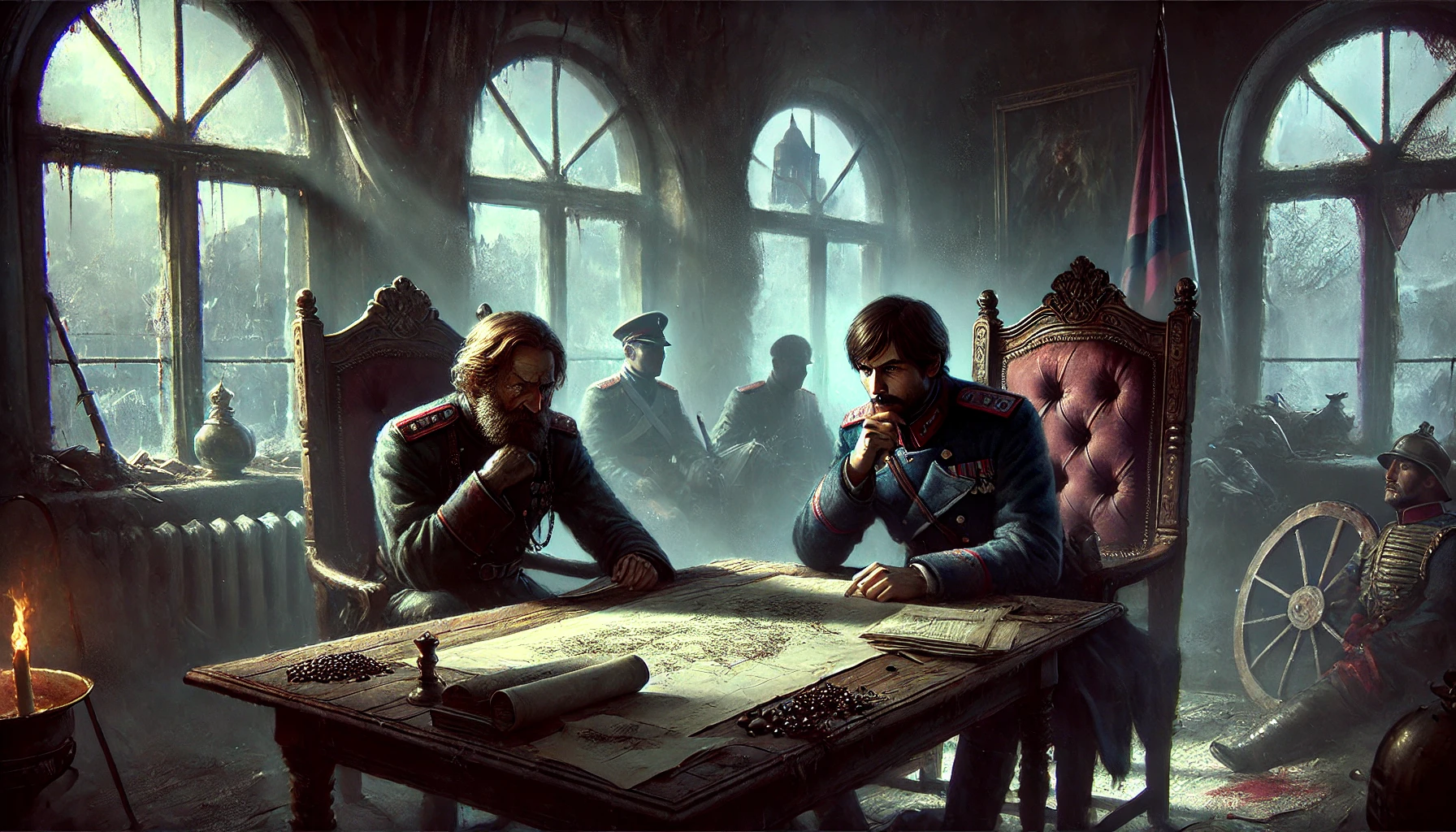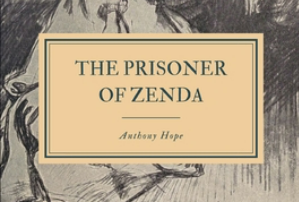Chapter 7 — His Majesty Sleeps in Strelsau
byChapter 7 — His Majesty Sleeps in Strelsau begins with Rudolf Rassendyll and Colonel Sapt catching their breath after a tense and dangerous mission. They had narrowly escaped from the hunting lodge where the real King had been imprisoned by Duke Michael’s men. Now back in the capital, Rassendyll must continue the daunting role of impersonating the King to protect both the kingdom and the captive monarch. With Michael holding the King hostage, every moment becomes a race against time, and every decision must be calculated to avoid exposing the truth. As Rassendyll dons the crown in name only, the burden of responsibility weighs heavily on his shoulders.
Over a hurried meal, Rassendyll and Sapt discuss their next steps. Rassendyll suggests mobilizing the army to raid Zenda, but Sapt reminds him that such a move would only alert Michael and potentially provoke the King’s execution. Instead, Sapt proposes maintaining the charade, knowing that Michael cannot publicly accuse Rassendyll of being an impostor without revealing his own betrayal. This strategy, while dangerous, keeps the balance of power temporarily in their favor and buys them time to formulate a proper rescue plan. Yet beneath their tactical exchange lies a growing anxiety—if the King does not survive, Rassendyll may be forced to rule indefinitely, a thought that troubles him deeply.
As they prepare to leave the lodge, a somber task remains: burying Josef, the loyal servant who had been murdered during their earlier encounter with Michael’s men. Just as they begin the grim work, they notice suspicious movement outside. Michael’s men have returned, possibly to clean up any evidence of their crime. Without hesitation, Rassendyll and Sapt launch a swift counterattack, dispatching the intruders with stealth and efficiency. The moment reveals Rassendyll’s resolve and quick-thinking under pressure, traits that increasingly distinguish him as a leader in his own right.
With the threat eliminated, the two men begin their secretive journey back to Strelsau. The early morning streets, still quiet and cloaked in fog, provide the perfect cover for their return to the palace. Though their identities remain concealed to most, the weight of deception grows heavier with every step. Once inside, they are met by Fritz von Tarlenheim, whose confusion and loyalty momentarily blur the lines between reality and performance. Believing Rassendyll to be the King, Fritz offers heartfelt support—an emotional exchange that reinforces just how convincing the disguise has become, even to those closest to the real monarch.
The chapter touches deeply on the conflicting identities Rassendyll must navigate. Publicly, he is the King—respected, admired, and burdened by royal duty. Privately, he remains a foreigner playing a dangerous game, unsure of how long the charade can last. As Sapt quietly reminds him, the illusion is their most powerful weapon. Duke Michael may hold the real King, but he cannot use him without also risking exposure. Until the time is right, Rassendyll must continue walking the line between hero and fraud.
What makes this chapter particularly compelling is its fusion of moral introspection and political urgency. Rassendyll is no longer just pretending to be someone else—he’s becoming a protector of a kingdom he barely knew. The loyalty shown by Fritz, the silent respect from Sapt, and even the people’s adoration during public appearances reinforce the seriousness of his temporary reign. And yet, the real King remains imprisoned, a pawn in Michael’s calculated scheme.
Chapter 7 solidifies the stakes of the unfolding drama. Through the lens of loyalty, deception, and power, we see how deeply entangled Rassendyll has become in a situation far more complex than he anticipated. His transformation from an idle Englishman into a decisive figure of authority reveals not only his courage but also the emotional weight of impersonating a man whose life and throne hang in the balance. As the chapter ends, the reader is left with a sense of urgency—and the chilling realization that the most dangerous moves are still to come.


